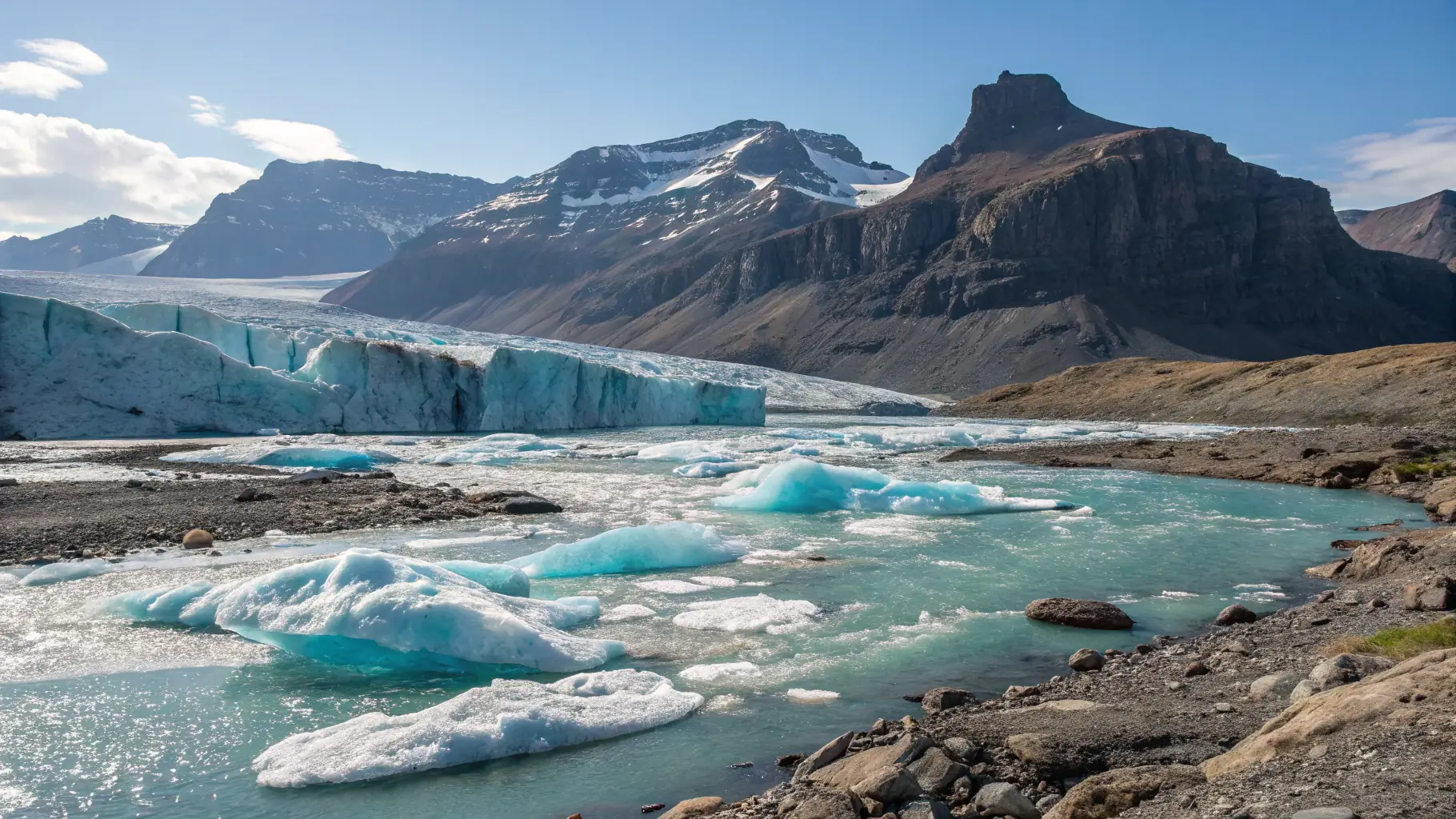Climate change is rapidly emerging as a critical factor in global politics, influencing international relations and policy decisions. The effects of climate change, such as rising sea levels, extreme weather events, and resource scarcity, are creating new challenges and tensions between nations. The need for international cooperation to address climate change is becoming increasingly urgent. The allocation of resources to mitigate and adapt to climate change is a significant political issue. The impact of climate change on global politics is multifaceted and complex. It is influencing resource management, migration patterns, and the stability of various regions. The competition for resources, such as water and arable land, is likely to intensify as climate change progresses. The displacement of populations due to climate-related disasters is also a significant concern, potentially leading to social and political instability. The international community is increasingly recognizing the need for coordinated action to address climate change. International agreements and treaties are being developed to establish common goals and strategies. However, the implementation of these agreements and the allocation of resources remain significant challenges. The political will and commitment of nations to address climate change will be crucial in determining the future of global politics.
Trump’s 2025 Deportation Plan: Impact on College Campuses
Intro: A Shake-Up on CampusTrump’s 2025 deportation plan is shaking up U.S. colleges—here’s why. Signed



